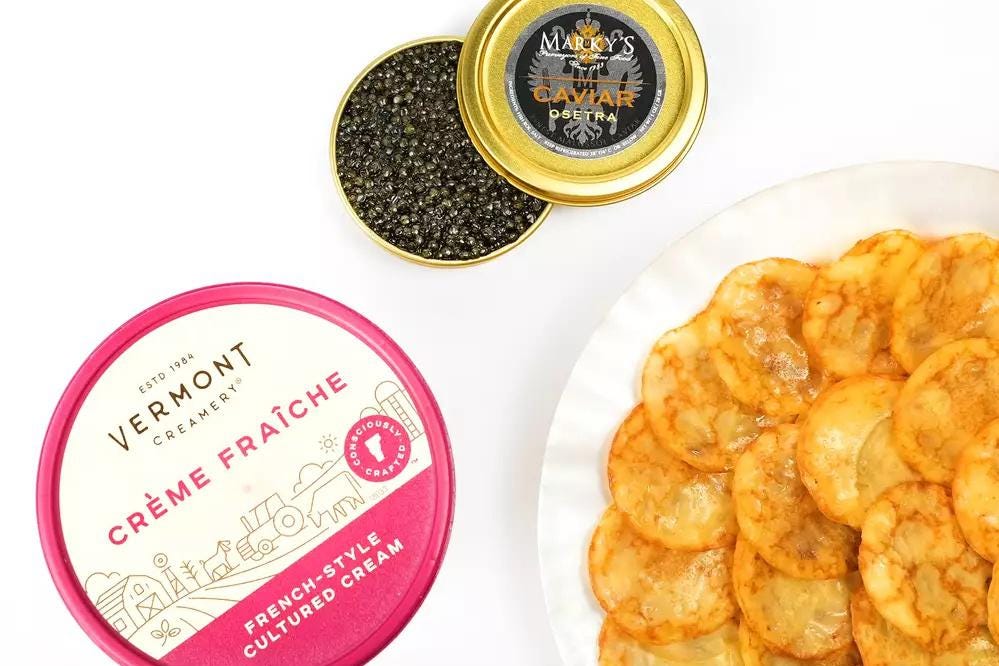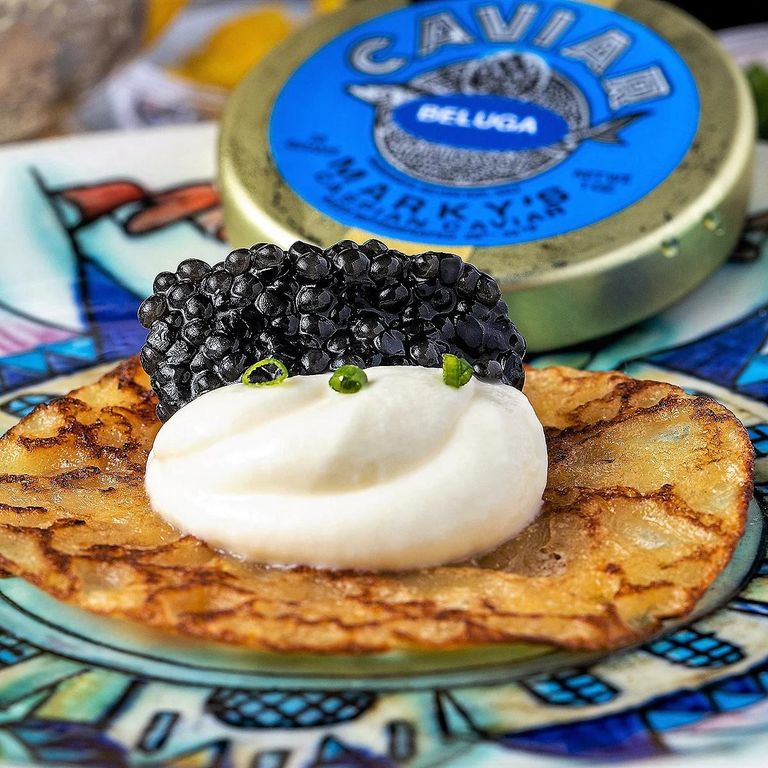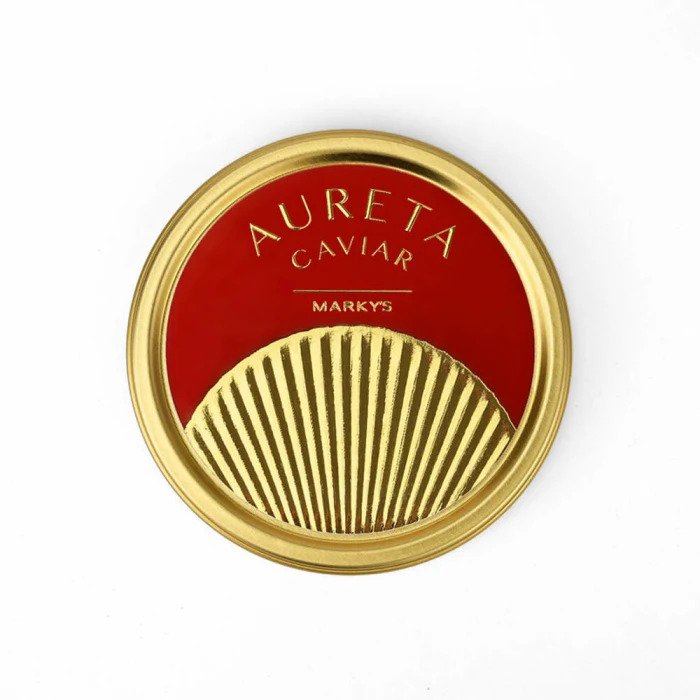Truffle Oil Unveiled The Pros, Cons, and How to Master It in Your Kitchen
Category : Food Stories, Party Ideas, Recipes, Press Room |
Posted : Sep 24, 2024

Imagine enhancing your culinary creations with just a few drops of a magical elixir that promises to elevate flavors and thrill taste buds. This isn't a fantasy—it's the everyday allure of truffle oil. A staple in gourmet kitchens, this aromatic oil is known for its ability to transform ordinary dishes into culinary masterpieces. However, like any powerful ingredient, it comes with its own set of challenges and nuances. In this guide, we'll unravel the mysteries of truffle oil, exploring its origins, benefits, drawbacks, and how to wield it like a pro.
Introduction to Truffle Oil Origins and Its Gourmet Reputation
Truffle oil has captured the imagination of chefs and home cooks alike for decades. Originating from the symbiotic relationship between truffles, a type of fungi, and certain trees, these culinary gems have been cherished since ancient times. The oil, often infused with either black or white truffles, quickly gained popularity for its intense aroma and earthy flavor, becoming synonymous with luxury and gourmet cooking.
Why Truffle Oil Is a Kitchen Game Changer
Truffle oil made its way into the culinary scene as a cost-effective alternative to fresh truffles, which are rare and pricey. With its potent fragrance and ability to mimic the essence of fresh truffles, the oil has become a favorite among those seeking to add a touch of elegance to their dishes without the hefty price tag.
The Role of Truffle Oil in Gourmet Cooking
In high-end restaurants and home kitchens, truffle oil adds a gourmet touch to various dishes. It's often drizzled over pasta, risotto, and pizza or used to enhance the flavors of dressings and sauces. The oil's versatility, combined with its capability to elevate simple ingredients, makes it an indispensable part of modern cooking.
Benefits and Drawbacks of Cooking with Truffle Oil
While truffle oil offers a host of advantages, it is important to be aware of its limitations to maximize its culinary potential.
Benefits That Elevate Your Culinary Creations
- Flavor Enhancement: Just a few drops can infuse dishes with a rich, earthy aroma, heightening the sensory experience of any meal.
- Cost-Effective: Compared to fresh truffles, truffle oil offers an affordable way to enjoy the complex flavors characteristic of these fungi.
- Convenience: Truffle oil's long shelf life and ease of use make it a practical choice for adding instant sophistication to meals.
Drawbacks to Watch Out For
- Overpowering Aroma: Truffle oil's strong scent can overwhelm a dish if used excessively, masking other flavors rather than complementing them.
- Synthetic Components: Many commercial truffle oils are infused with synthetic compounds rather than real truffles. This can lead to a less authentic truffle experience.
- Not Suitable for Cooking: Truffle oil is best used as a finishing touch rather than a cooking ingredient, as heat can diminish its flavor and aroma.
Striking the Balance
To make the most of truffle oil, consider it a seasoning rather than a primary ingredient. Use it sparingly and strategically to enhance rather than dominate other flavors in your dishes.
Identifying the Best Truffle Oil and Where to Buy It
With countless options available, selecting quality truffle oil can be daunting. Here's how to find the best truffle oil for your culinary needs.
Quality Indicators to Look For
- Ingredients: Genuine truffle oil should list natural truffle extract in its ingredients. Avoid products relying solely on artificial flavorings.
- Aroma and Flavor: High-quality truffle oil has a balanced, earthy aroma and a nuanced flavor profile that doesn't taste artificial.
- Color and Clarity: The oil should be clear, with a consistent color reflecting the type of truffle used.
Trusted Sources for Purchase
You can buy truffle oil online from reputable gourmet food suppliers like Marky's, which offers a selection of premium oils crafted from authentic ingredients. Whether shopping online or in-store, look for brands with a strong reputation for quality and authenticity.
Making Your Selection
When choosing truffle oil, consider the types of dishes you plan to prepare. Black truffle oil pairs well with hearty recipes, while white truffle oil suits delicate dishes like risotto and seafood.
Delicious Ways to Use Truffle Oil in Your Recipes

Truffle oil's versatility shines in a range of culinary applications, from appetizers to desserts. Here are some creative ideas to incorporate this luxurious ingredient into your cooking.
Appetizers That Impress
- Truffle Oil Bruschetta: Elevate classic bruschetta with a drizzle of truffle oil over fresh tomatoes, basil, and mozzarella.
- Truffle Popcorn: Toss freshly popped popcorn with truffle oil and Parmesan cheese for a gourmet snack.
- Mushroom Crostini: Saute mushrooms with garlic and thyme, then finish with truffle oil before serving on toasted baguette slices.
Main Courses That Dazzle
- Truffle Risotto: Stir truffle oil into creamy risotto for an indulgent twist on a traditional Italian favorite.
- Pasta Al Tartufo: Enhance a simple pasta dish with truffle oil, grated Pecorino Romano, and freshly cracked pepper.
- Truffle Pizza: Top a classic Margherita pizza with a drizzle of truffle oil just before serving for an extra layer of flavor.
Sweet Sensations
- Truffle Ice Cream? Yes, indeed! Pair a scoop of rich vanilla ice cream with a hint of truffle oil for an unexpected flavor combination.
- Truffle Honey Glaze? Sweeten up your next dessert with a truffle-infused honey glaze, perfect for drizzling over cakes or pastries.
- Truffle Chocolate Truffles? Combine the rich flavors of cocoa and truffle oil to create decadent chocolate truffles with a sophisticated edge.
Tips for Cooking with Truffle Oil Like a Pro
Achieving perfection with truffle oil requires finesse and an understanding of how to maximize its unique attributes.
Recommended Quantities
Truffle oil's intensity means a little goes a long way. Start with just a few drops and adjust to taste, ensuring you don't overwhelm the dish.
Optimal Pairings
Truffle oil pairs well with a variety of foods, including mushrooms, potatoes, eggs, pasta, and chicken. Experiment with different combinations to discover your favorite pairings.
Finishing Touches
Use truffle oil as a finishing touch rather than during the cooking process. Drizzle it over dishes just before serving to preserve its delicate flavors and aroma.
Health Considerations and Dietary Restrictions
While truffle oil can enhance the dining experience, it's important to consider its nutritional profile and dietary implications.
Nutritional Overview
Truffle oil contains healthy monounsaturated fats, similar to olive oil, but should still be used in moderation due to its calorie content.
Dietary Compatibility
Truffle oil is suitable for most diets, including vegetarian, vegan, and gluten-free. However, check the label for potential allergens or additives if you have specific dietary requirements.
Moderation is Key
Enjoy truffle oil as part of a balanced diet, using it to add flavor without relying on it as a primary ingredient or fat source.
Health Benefits of Truffle Oil
|
Benefit |
Description |
|
Rich in Antioxidants |
Truffle oil contains antioxidants which help combat oxidative stress and reduce cell damage. |
|
Heart Health |
The healthy monounsaturated fats in truffle oil may contribute to improved cardiovascular health by lowering bad cholesterol levels. |
|
Anti-Inflammatory Properties |
Compounds found in truffles can help reduce inflammation in the body, potentially aiding in the prevention of chronic diseases. |
|
Digestive Aid |
Truffle oil may support digestion due to its ability to enhance flavors, encouraging a more enjoyable and appetising eating experience. |
|
Rich in Essential Nutrients |
Truffles are a good source of several essential nutrients, including vitamins B and D, which are beneficial for overall health. |
|
Truffle Oil vs. Fresh Truffles The Key Differences
While truffle oil offers a convenient way to enjoy truffle flavors, it's essential to understand how it differs from using fresh truffles in your cooking.
Aroma and Flavor
Fresh truffles boast a more complex and layered aroma than truffle oil, which often relies on infused flavors. The scent of fresh truffles can vary depending on the variety and region of origin.
Culinary Uses
Fresh truffles are typically shaved over dishes like pasta, eggs, and risotto, imparting an unmatched level of sophistication. Truffle oil, on the other hand, is ideal for quick enhancements and adding depth to a variety of dishes.
Availability and Cost
Fresh truffles are a seasonal delicacy with a high price tag, while truffle oil provides an accessible and cost-effective alternative year-round.
Differences Between Truffle Oil and Fresh Truffles
|
Aspect |
Truffle Oil |
Fresh Truffles |
|
Aroma and Flavor |
Infused flavors that may vary; less complex aroma |
Rich, complex aroma with distinct flavour profile |
|
Culinary Uses |
Ideal for quick enhancements and finishing dishes |
Typically shaved over dishes for a luxurious touch |
|
Availability |
Year-round; accessible and cost-effective |
Seasonal delicacies, usually high in price |
|
Texture |
Liquid; easy to drizzle and incorporate |
Solid; requires careful handling and slicing |
|
Production |
Made by infusing oil with truffle extracts |
Harvested directly from the earth |
|
Shelf Life |
Long shelf life when stored properly |
Shorter shelf life; best used fresh |
|
Nutritional Profile |
Contains healthy fats, but in smaller amounts |
Rich in various nutrients and aromatic compounds |
|
Understanding the Environmental Impact of Truffle Oil
With growing awareness of sustainable practices, it's important to consider truffle oil's impact on the environment.
Truffle Farming Practices
Truffle oil production hinges on responsible truffle farming and foraging practices. Sustainable methods are crucial to protect truffle ecosystems and ensure their longevity.
Ethical Sourcing
Choose truffle oil from brands committed to ethical sourcing and sustainable agriculture, supporting both environmental conservation and local communities.
Making Informed Choices
By selecting truffle oil from trusted suppliers like Marky's, you can enjoy this culinary gem while contributing to environmentally conscious practices.
Debunking Common Misconceptions About Truffle Oil
Truffle oil has garnered its share of myths and misconceptions over the years. Let's set the record straight.
Myth 1 Truffle Oil is Made from Real Truffles
Contrary to popular belief, most truffle oils are infused with synthetic compounds mimicking truffle flavors. Seek out products that use natural truffle extracts for a more authentic experience.
Myth 2 Truffle Oil is the Same as Olive Oil
While truffle oil often uses an olive oil base, it stands apart due to its distinct aroma and flavor profile. Treat truffle oil as a unique ingredient rather than a direct substitute.
Myth 3 Truffle Oil is Just a Trend
Truffle oil has proven its staying power in the culinary world, thanks to its versatility and ability to elevate dishes. It's more than a passing fad—it's a valuable tool for enhancing flavors.
When to Avoid Using Truffle Oil in Cooking
Despite its many advantages, there are instances when it's best to steer clear of truffle oil to achieve the desired results.
Respecting Traditional Recipes
For dishes rooted in tradition, such as classic Italian pasta, fresh truffles are often preferred for their authenticity. In these cases, truffle oil's synthetic flavors might detract from the intended taste.
Heat Sensitivity
Truffle oil's delicate aroma can degrade when exposed to high heat. Avoid using it as a cooking oil and reserve it for finishing touches instead.
Balancing Flavors
In dishes with subtle or delicate flavors, truffle oil's potency can overpower the overall taste. Exercise restraint when adding it to ensure a harmonious balance.
Your Truffle Oil Questions Answered
To further enhance your truffle oil knowledge, we've compiled answers to some common questions from our readers.
Q What Dishes Benefit Most from Truffle Oil?
A Truffle oil works well with a variety of dishes, from pasta and pizza to salads and soups. Its versatility makes it a valuable addition to any kitchen.
Q How Should I Store Truffle Oil?
A Store truffle oil in a cool, dark place away from direct sunlight to preserve its flavor and aroma. Proper storage can extend its shelf life and maintain its quality.
Q Can I Make My Own Truffle Oil?
A While it's possible to make homemade truffle oil, achieving the right balance of flavors can be challenging. For consistent results, consider purchasing high-quality truffle oil from a reputable supplier.
Conclusion Elevate Your Culinary Adventures with Truffle Oil
Truffle oil has the power to transform your culinary endeavors, offering a world of possibilities for enhancing flavors and creating memorable dining experiences. By understanding its benefits, drawbacks, and applications, you'll be well-equipped to make informed choices and elevate your dishes to new heights.
Ready to experiment with truffle oil in your kitchen? Visit Marky's today to explore our selection of premium truffle oils and start your culinary adventure. Share your experiences and favorite recipes with us—we'd love to hear how truffle oil has enhanced your cooking!













